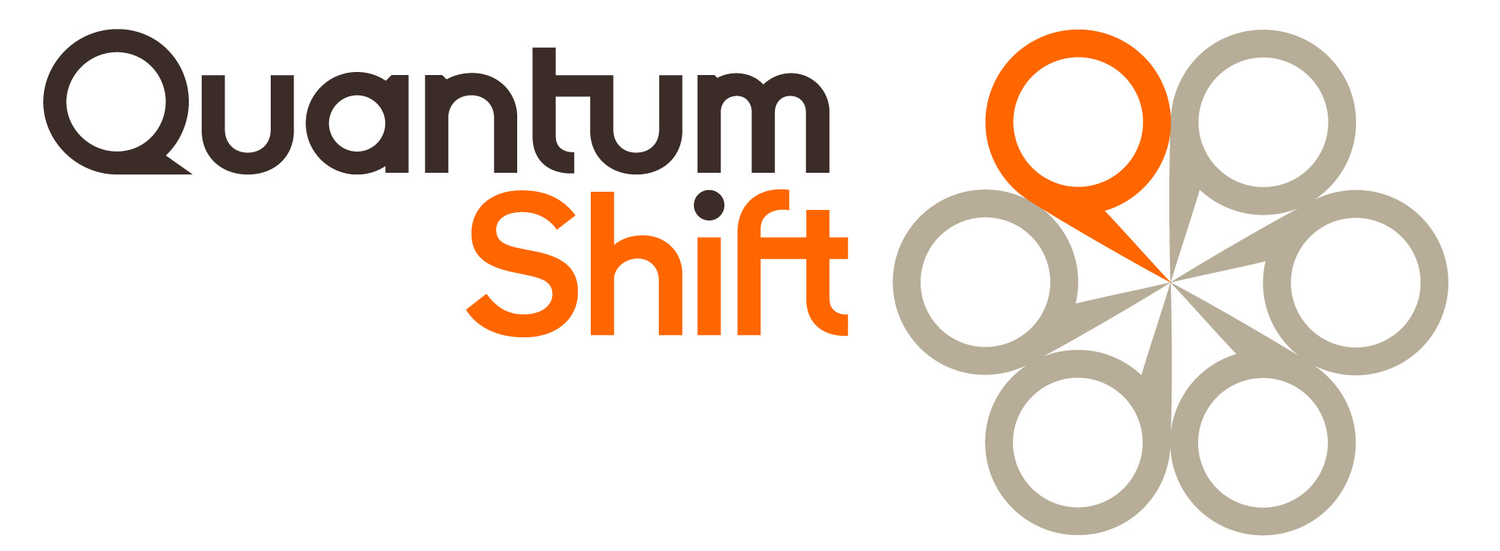Psychodrama is an action methodology pioneered by Dr Jakob L Moreno in the early part of the 20th century and which encompasses a range of techniques that aim to facilitate deep insight and healing, and which enhances relationships with self and others. As the name suggests, it is a dramatic method and is applied in a range of contexts, from individual or group therapy, organisational and professional development or educational settings. It is taught and practised extensively around the world and is for anyone who wishes to grow greater spontaneity and joy in their lives, whether personally or professionally. Many people will have met some aspect of psychodrama if they have ever participated in a continuum or line-up exercise as part of a group warm up or if they have experienced the use of “the empty chair" to represent people in their lives.
When applied in a therapeutic context, psychodrama facilitates people to work collaboratively to warm up to and enact some of the personal situations in their lives which they wish to examine and resolve. It works on the premise of “show us”, rather than “tell us”, about your life situations. People are facilitated by an experienced director to enact the various roles they and others play in their lives. This enables people to access their spontaneity and creativity to come up with solutions and insights to the questions they are asking themselves. This may involve people re-examining their life or relationships, generating fresh and novel responses to situations in which they habitually find themselves stuck, experimenting with new ways of relating to others and extending their personal role repertoires.
Warming up to a drama
There are typically three phases of the work in psychodrama: warm up, action and integration. In the warm up phase, participants familiarise themselves with one another and orient themselves to the issue to be explored. Participants will also be bringing to mind the life situations and/or relationships which are of concern to them. This often happens in action, with a variety of action based group exercises that allow people to express themselves on a range of relevant criteria in a structured and purposeful manner. For example, if the theme is “family life”, the director of the group may invite people to get into groups according to how many siblings they have, which could lead to people sharing their experiences of growing up as the eldest, middle or youngest child and all that that entailed. If the theme is “love and relationships”, the director may invite people to stand on a continuum which will allow people to indicate how easy or difficult they find it to discuss sexual matters with their partner. As people continue to warm up to the issue, they make their concerns and experiences known to others, and one person will emerge as a protagonist. They will be ably facilitated by the director to bring their concern to life in the next phase, once the director has made a contract with the protagonist as to which aspects of their life are to be explored and which areas of their personal role repertoire are to be enhanced.
The action phase of the drama
Then comes the action phase. The various people in the protagonist’s life will take to the stage, with other group members taking up those roles on behalf of the protagonist. Some examples of the kind of things people explore in a psychodrama include:
• the re-examinination of an old relationship dynamic, perhaps with a parent or spouse
• workplace bullying
• an argument with their teenage child
• issues related to self-confidence or self-esteem
• loneliness and isolation
• major life change
In this phase, there may be re-enactments of conversations, allowing the participants to make analyses of what worked well and what needs refining for the future. There may be rehearsal for upcoming conversations or situations of which the protagonist is feeling unsure. There may be opportunities for other group members to demonstrate new suggestions or ideas in action so that the protagonist can see and hear how they might play out. Throughout the action phase, the director is following the lead of the protagonist so that the contract of the work can be fulfilled to the best satisfaction of the protagonist.
Integration and meaning making
The final phase is integration. This is a critical phase because it is when people are able to reflect on the action and to make meaning of what occurred, integrating it into their lives. The is the phase when people often come up with further insights, when new beliefs emerge to challenge old ones, when new attitudes arise to renew old ones, when new solutions unfold to address previously “stuck” situations.
What about the training?
Both psychodrama and sociodrama are taught experientially, which means that there are no tourists. In order to learn this potent way of working, trainees experience an active process of learning how to direct and participate in dramas into which is woven their own personal growth. Training in the method involves the learner in working with themselves, their lives, the lives of others and the development of groups. It has proven to be highly effective for:
• psychotherapists and counsellors who work in group settings or who wish to learn creative ways of assisting their clients to access parts of themselves that “talk therapy” doesn’t seem to reach
• for group facilitators who wish to understand the deeper dynamics of groups and how to work with these in order to unlock more effective group life
• for people involved in community development
• for those who work with the marginalised
• for those who work in the fields of organisational development or organisational design
• or anyone who wishes to develop greater spontaneity and creativity in their lives
There are a number of psychodrama training centres throughout the UK and they can be found at https://www.psychodrama.org.uk
